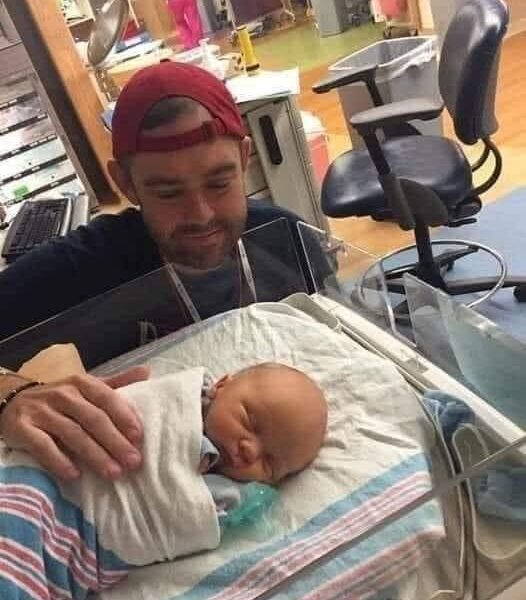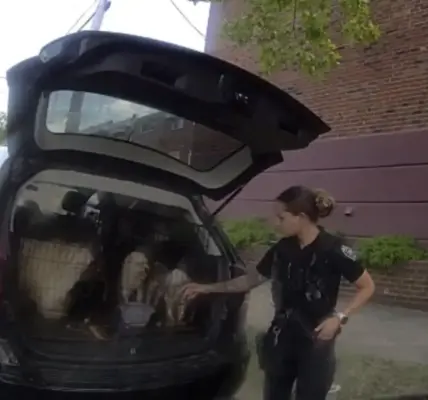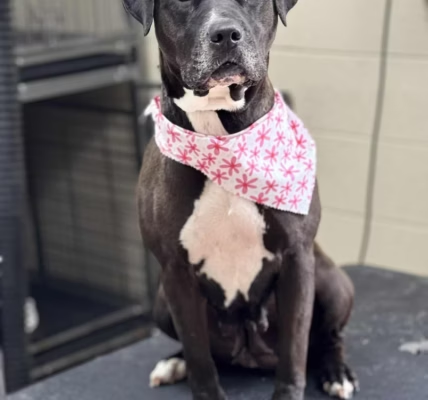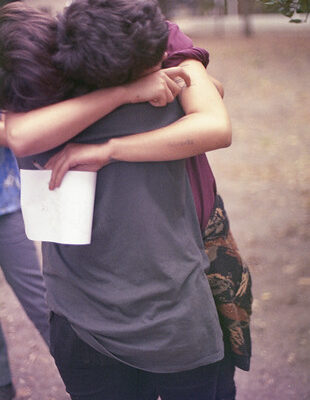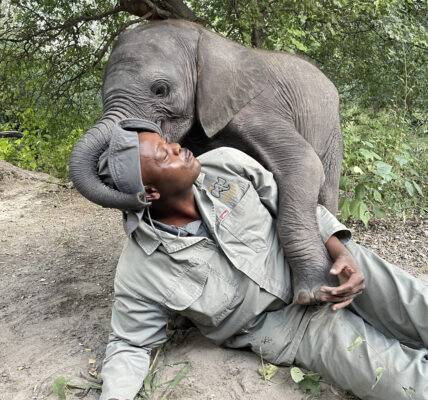For the last nine months, every step of our journey was filled with fear.
My wife, Brooklyn, was carrying our son—a little boy who, very early on, we were told might never take his first breath.

At around five months, doctors diagnosed him with severe hydrocephalus—a condition where excessive fluid builds up in the brain. Old medical books called it “water on the brain,” but there was nothing simple about what we were facing.
We were referred to Cincinnati Children’s Hospital, one of the best in the country. But even their top specialists didn’t have good news. The condition was so advanced they stopped measuring the fluid levels because, in their words, “it didn’t matter anymore.”
I’ll never forget the MRI scans.
I’ll never forget the meeting with palliative care, where we discussed the unimaginable: when and how we might say goodbye to our son. The odds were brutal—more than a 90% chance he would either die shortly after birth or live with such devastating brain damage that his quality of life would be extremely limited.
Brooklyn moved to Cincinnati to stay near the hospital, just in case. I drove back and forth, trying to balance everything and praying through every mile.
Then came July 8th.
The morning of the C-section, we had another heartbreaking meeting with the team. They gently prepared us—again—for the possibility of removing life support.
But then…
He cried.
Our son—Charlie—let out the loudest, most beautiful cry I’ve ever heard.
And just like that, everything changed.
Charlie stayed in the infant ICU for a while, closely monitored and loved. And then, yesterday—we brought him home.
He’s here.
He’s alive.
He’s thriving.
Aside from some mild ventricular enlargement (which we’ll monitor with checkups), Charlie is doing everything a newborn should. He eats, cries, wriggles, sleeps—and fills our home with life and joy.
And the question we keep hearing is: How?
Doctors—some with decades of experience—said they have no explanation. His brain somehow cleared the blockage and rerouted the fluid on its own. A complete reversal of what was considered medically inevitable.
Over the last week, we’ve heard the words “miracle” and “divine intervention” more than we can count—from surgeons, from nurses, from people who don’t toss those words around lightly.
And we believe it, too.
We are practical people. We believe in medicine and science. But this? This goes beyond.
We believe God was involved. That prayer worked. And that the thousands of people—family, friends, clients, strangers—who prayed for Charlie played a part in this miracle.
So today, we hold our son with hearts full of awe, humility, and gratitude.
Charlie wasn’t supposed to be here.
But he is.
He wasn’t supposed to cry.
But he did.
He wasn’t supposed to go home.
But yesterday, he came through our front door.
And we’ll never stop giving thanks for the miracle we were given.
